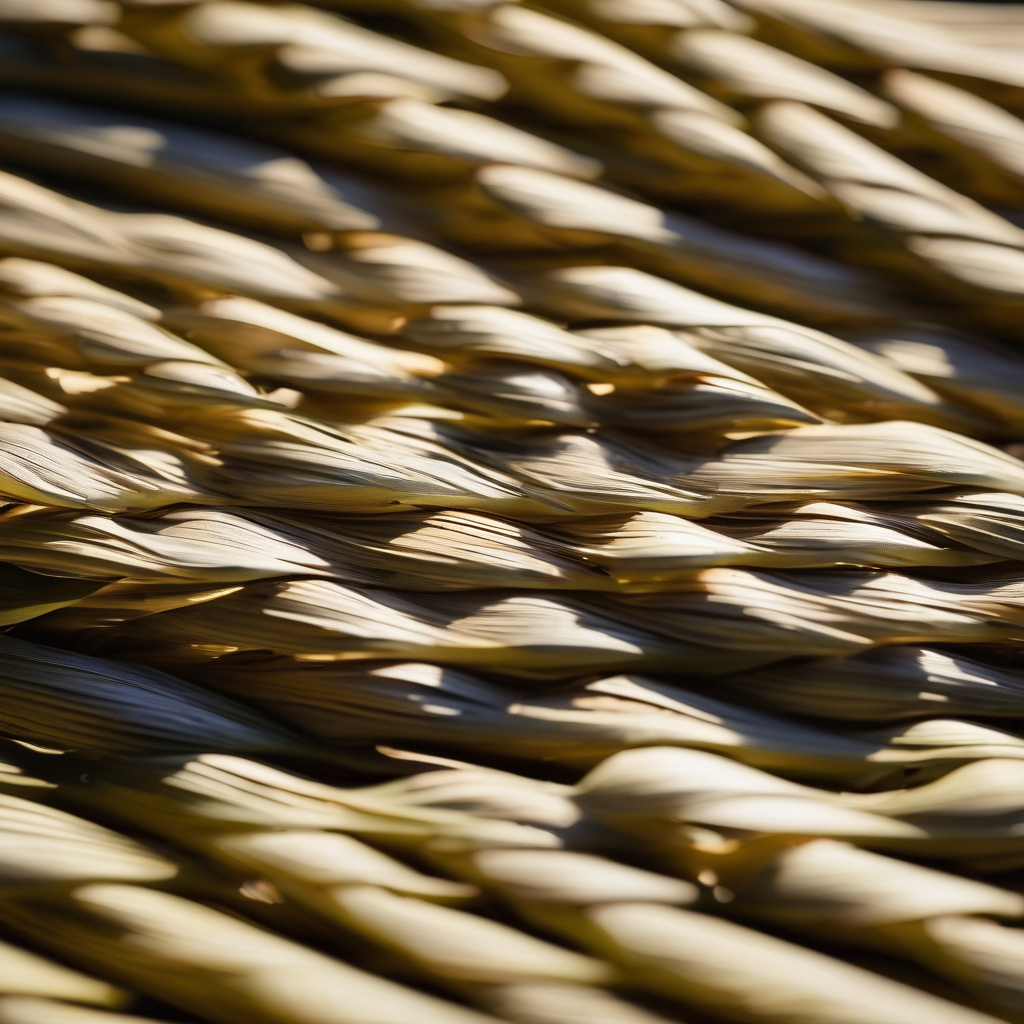Lice Mila Rasotale, a 63-year-old weaver from Wailotua No.1 in Tailevu, is a shining example of resilience in the face of changing cultural tides. As the traditional art of weaving wanes among women in rural villages, Lice continues to weave mat after mat, a skill she has cherished and mastered over four decades. She learned the craft by watching her grandmother, who inspired her to appreciate the intricate beauty and significance of this traditional work.
While sitting beside the roadside at Wainivo, Lice de-thorns freshly harvested pandanus leaves, illustrating her dedication to the craft. A proud mother of seven, she emphasizes that her weaving supports not only her family but also her community. “Even though my husband has passed away, I still contribute to family and village commitments,” she explained. The mats she creates are primarily used during family gatherings, symbolizing her unwavering commitment to cultural traditions.
Lice’s memories of life before electricity remind her of the challenges faced while raising her children. She recalls cooking by the flicker of a kerosene lamp and the family huddled together at night—a vivid reflection of the strength and unity that defined her early years. “We lived off the land, and when the children went to school, I would sell our produce at the Suva Market to help support our family,” Lice shared.
Despite societal pressures discouraging her weaving due to her age, Lice remains resolute, attributing her strength to her faith. “God has given me the strength to carry on, and I believe my work has significance in our community,” she stated, underscoring her commitment to both her craft and her family.
These stories of resilience draw parallels to others within the Fijian community who are also working to keep traditions alive. Similar to Lice, Senibiau Railala recently rediscovered her connection to weaving through workshops aimed at reviving the craft among women in villages. Both women highlight the importance of preserving cultural heritage while also addressing the practical needs of their families.
In a broader context, the dedication exhibited by Lice and her peers showcases an essential aspect of Fijian culture: the nurturing of skills passed down through generations. Despite modern challenges, the persistence of women like Lice heralds a hopeful future where traditional crafts may once again flourish. These artisans embody not only the spirit of their ancestors but also the determination to empower future generations through the art of weaving, ensuring that these skills are not lost but rather celebrated and revitalized.
